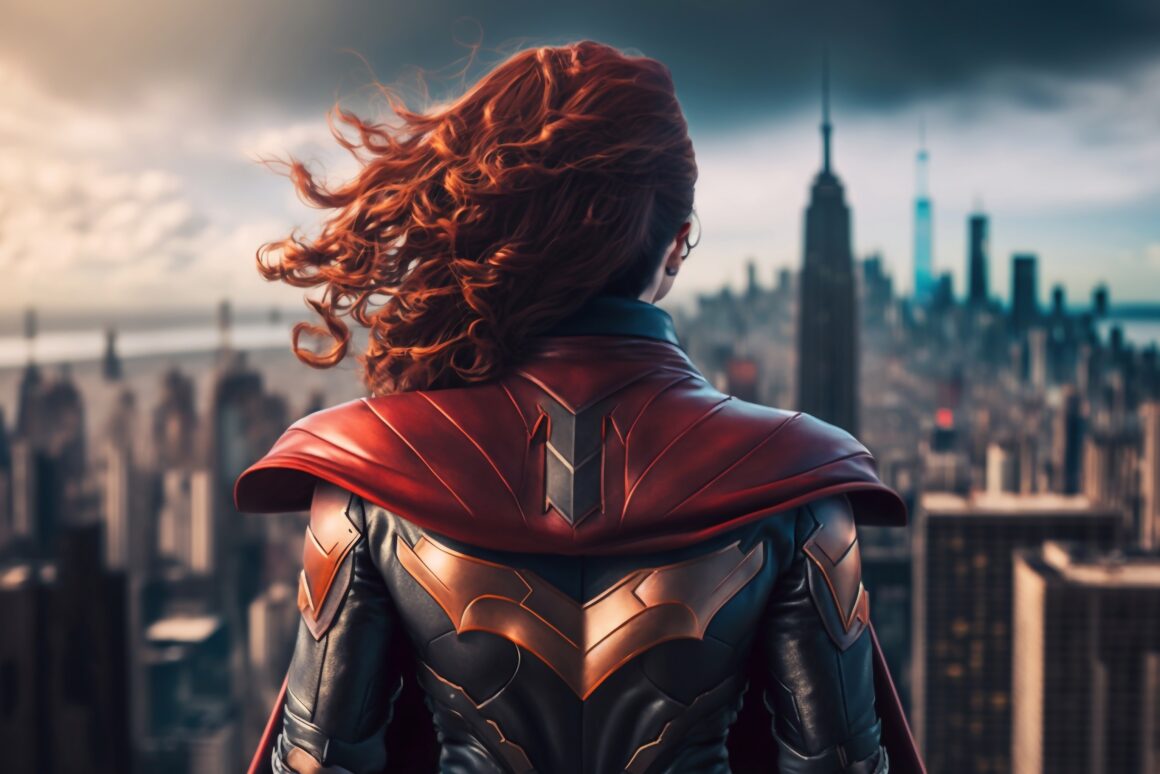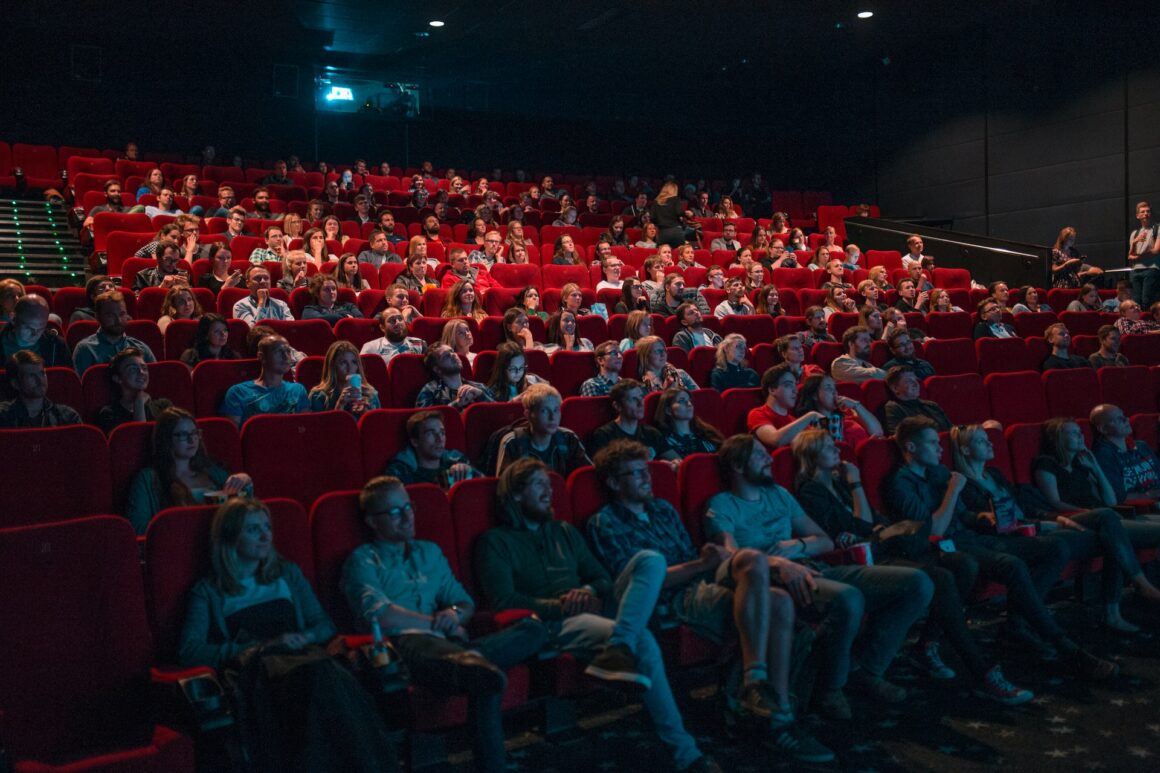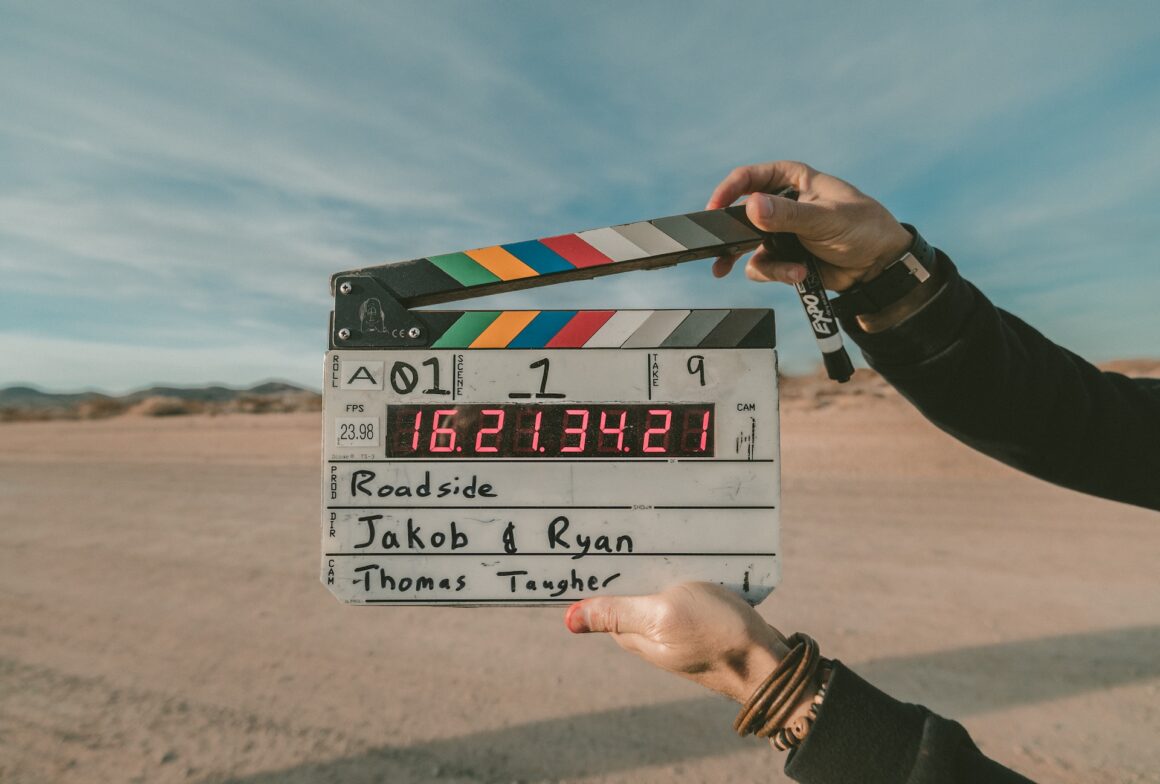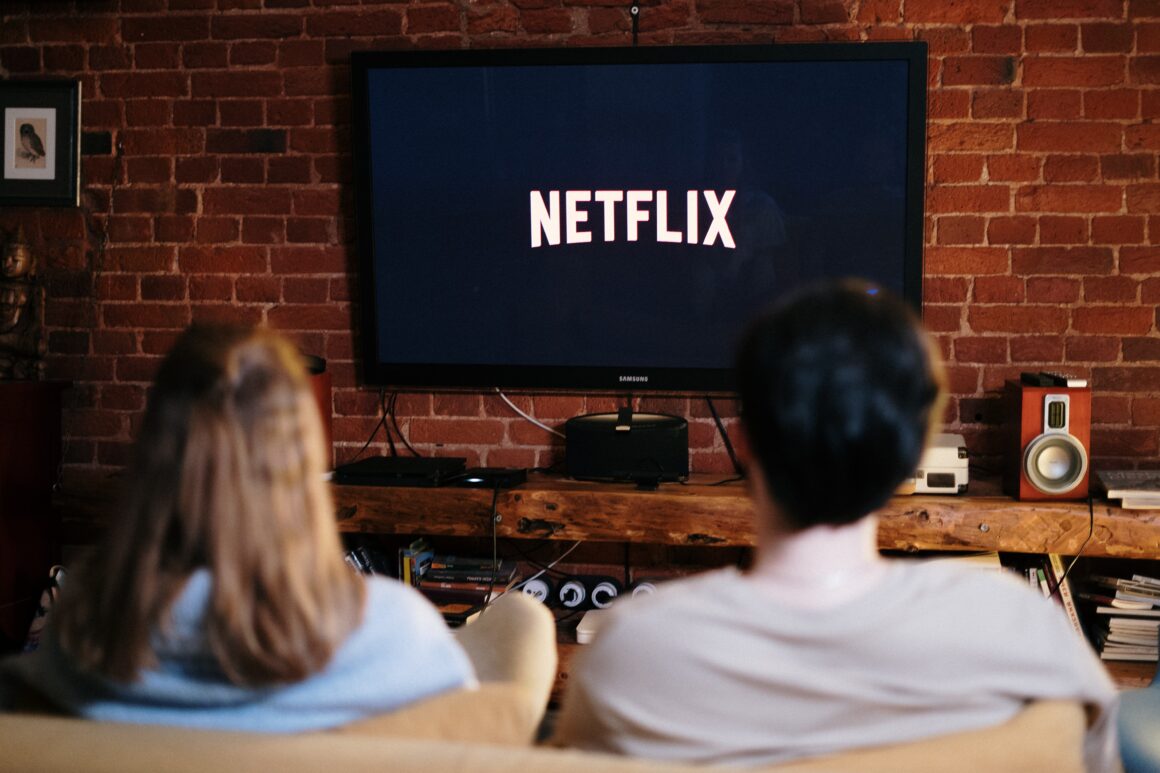Thursday, top-tier streaming platform Netflix premiered a new original movie. Based and titled off of the Japanese manga and anime, Death Note will be available for streaming soon. While you may want to watch the film as it comes out, we urge you to think before you do. Contrary to the Japanese origins, the leading and supporting characters are not Asian. They’re white.
What exactly is wrong with this?
It is no secret that Hollywood has a long, grueling history of favoring white actors and actresses over those of color. In fact, for the entire existence of Western entertainment, Hollywood has been erasing the legitimacy of people of color in more ways than one.
In the classic 1961 film Breakfast at Tiffany’s, Japanese character Mr. Yunioshi was not portrayed by a Japanese person, or an Asian at all. This character managed to mock Japanese-Americans through the portrayal of Mickey Rooney, a white actor.
As times have advanced, one would think favoring one race over another would have come to a halt in America. Not at all. While it is undeniable that many races and cultures have been underrepresented in entertainment, the struggle for good Asian representation has been especially glossed over by mainstream news reporting.
“TV and film have glossed over racial identities of characters far too often — especially with Asian characters,” said Cath Lei, a Chinese-American high school student. “This isn’t just about East Asians, but all Asians.”
If you are not familiar with this problem, identifying the true dispute here may be difficult. After all, there has already been a Japanese movie adaption of Death Note back in 2006. Maybe they aimed to reinvent the story for an American audience, right? Here is the problem with that rhetoric. It is implying that American equals white. America is a culmination of cultures. Believe it or not, not all Americans are white.
Many other Americans, Asian and otherwise, have expressed their distress over Netflix’s decision to whitewash the series. In reply to Netflix’s tweet premiering the series, hundreds of people are showing their opposition for this adaptation.
“None of the people who created the story are represented in the film,” tweeted Euna Park, an Asian-American journalist and editor.
Writer and illustrator Mireille Sillander also tweeted, with a bit of sarcasm, “[Because] we’re just not seeing enough white male leads in movies and TV these days.” As media creators, Park and Sillander understand that it is indeed very possible to represent certain groups of people. Yet, in mainstream entertainment, it does not happen.
This outrage is sparked by a long line of Asian whitewashing in cinema prefacing this. In 2015, white actress Emma Stone was cast as a native Chinese-Hawai’ian in Aloha. That same year, sci-fi film The Martian casted all of the East Asian and Indian characters from the book as white and black actors. Or how about the upcoming film Ghost in the Shell, based off of a Japanese manga (similar to Death Note), which unapologetically stars white actress Scarlett Johansson as Major Motoko Kusanagi, a Japanese character.
Still not buying it? A 2016 study done at the USC Annenberg School for Communication and Journalism revealed that “Characters from underrepresented racial/ethnic groups are also excluded or erased from mediated storytelling. No platform presents a profile of race/ethnicity that matches proportional representation in the U.S. Over 50% of stories featured no Asian speaking characters . . . ”Out of 414 stories evaluated in the study, over half had no speaking Asians at all. The fact is, the representation is disproportionate to a nation that is home to over 18.2 million Asians.
Through personal testimonies, thorough studies, and specific examples, we have seen that Asians are seriously lacking representation.If the majority do not let the minorities in even the less important places, how can we possibly expect our nation to be the strongest it can be?
Netflix, previously known for its strong roles for the underrepresented, has now continued upholding the precedent that white people can do better than Asians. As stated by Lei, “casting a white person to play an Asian character, writing the [Asian] character to play into countless stereotypes, or having white people constantly play heroes is just insensitive.”
When certain minority groups are ostracized from mainstream entertainment, we have already started discouraging a huge chunk of the nation from ever taking on important leadership roles. Our government offices could look a lot different than they do now if American media would embrace the capability of all of its citizens. There has been a lot of potential leaders lost because society is not letting them in and validating them as actual people with actual lives.





Comments are closed.